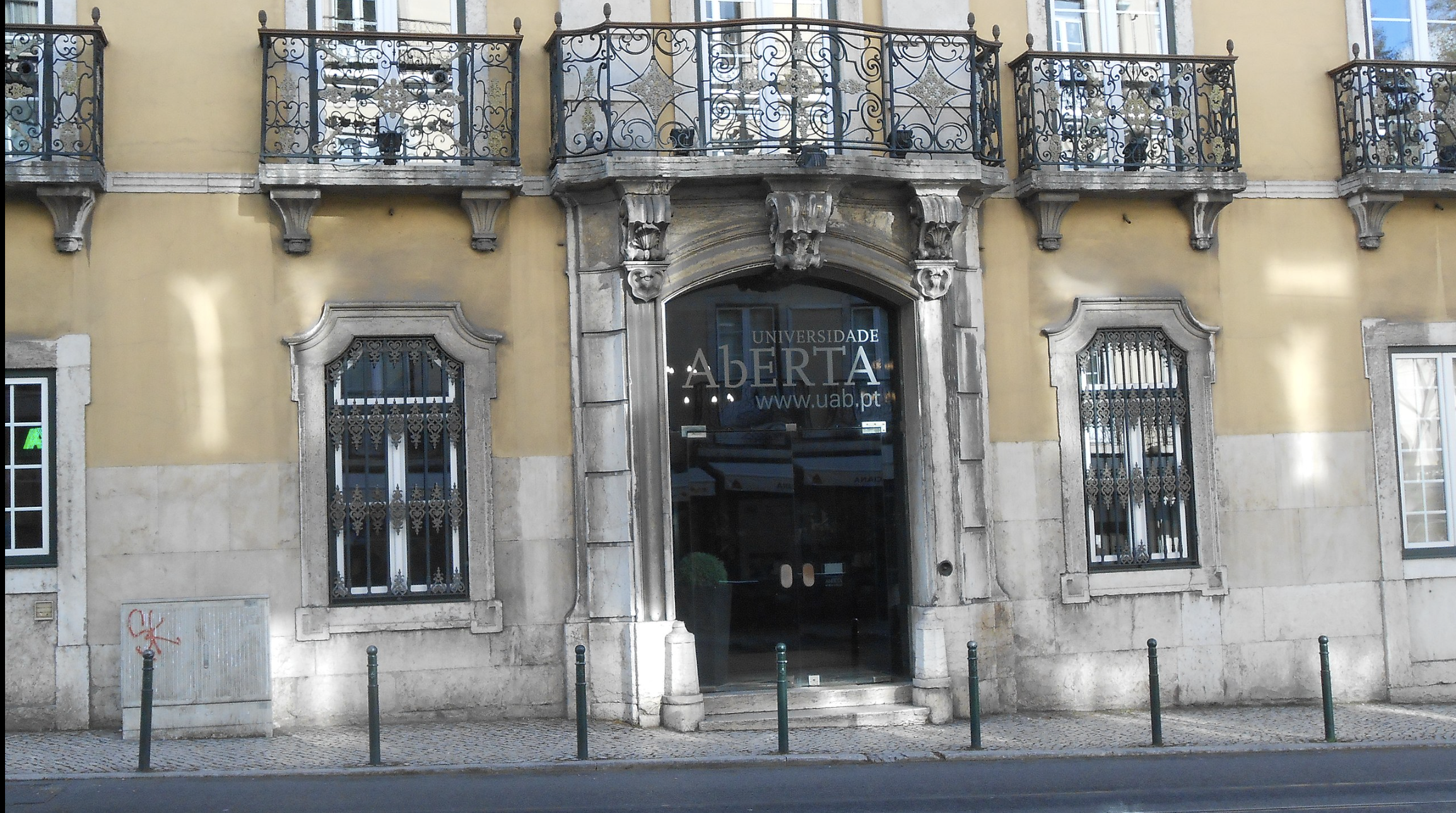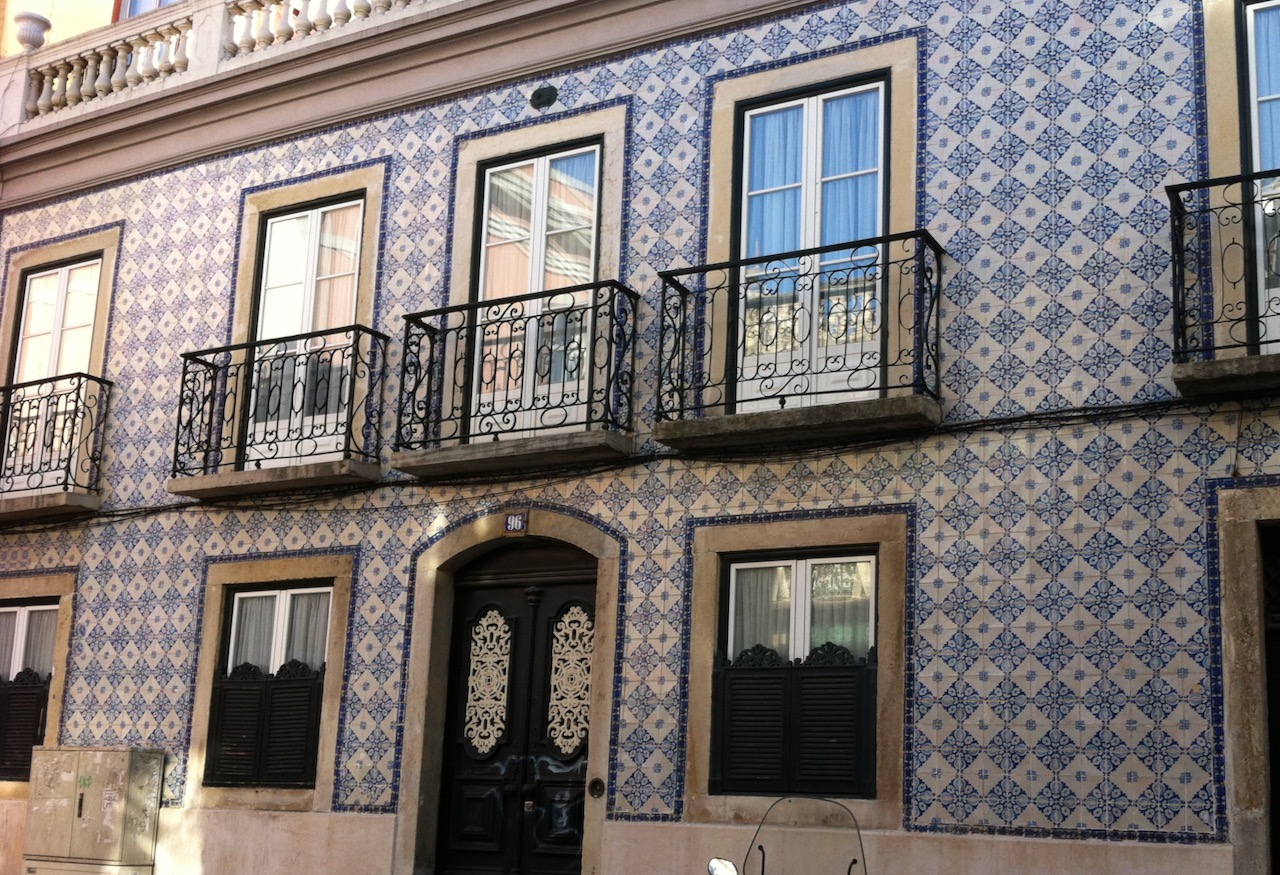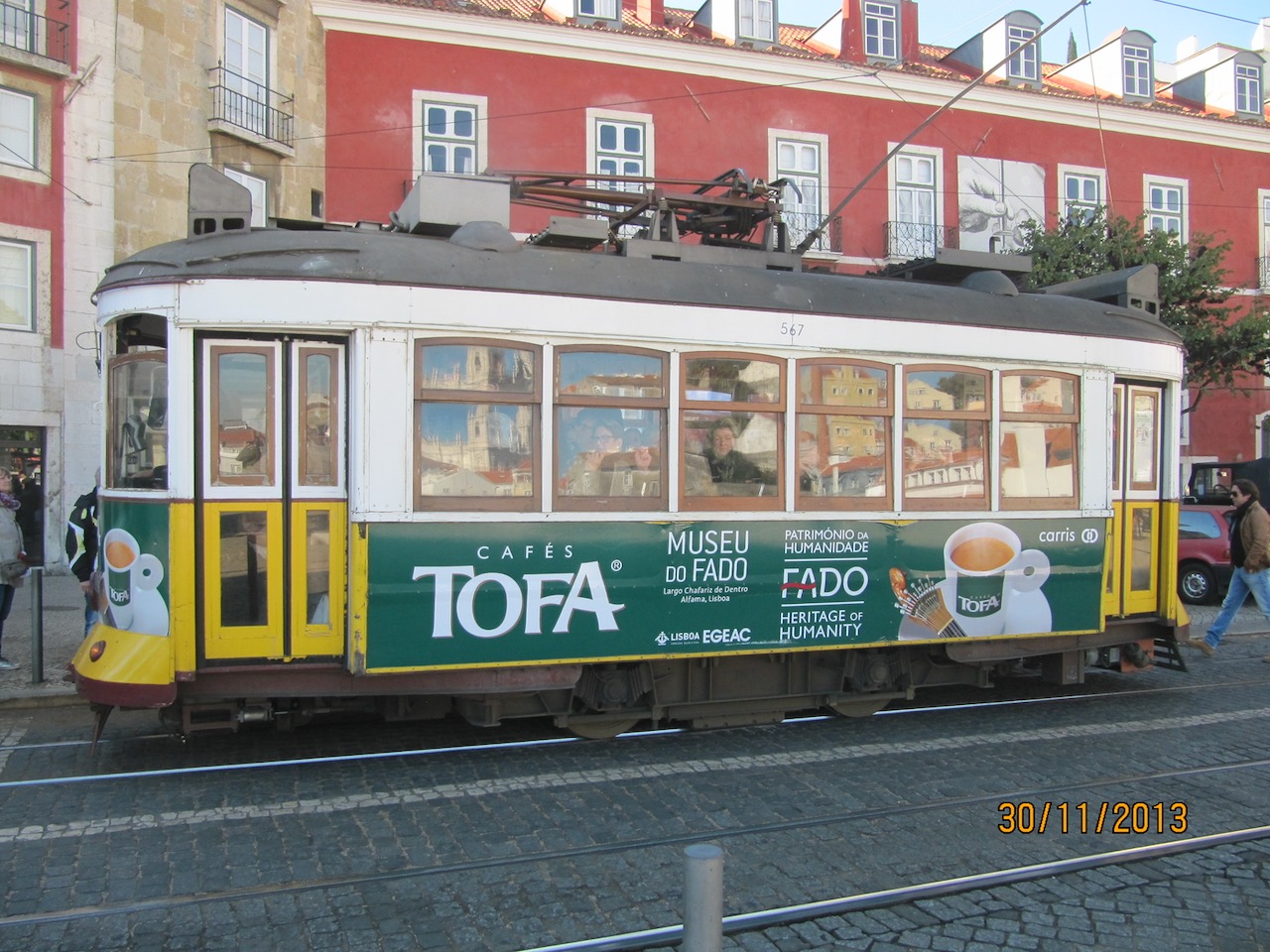
Summer is getting more dangerous in Canada as forest fires destroy the lovely town of Jasper, Alberta, and the surrounding national park. Let’s hope there’s rain – and lots of it – in the coming days.
I am writing an autobiography, mainly for my family, but it does cover some key moments in the development of open and online learning. I thought I would share these as there seems to be a growing interest in the history of educational technology.
Note that these posts are NOT meant to be deeply researched historical accounts, but how I saw and encountered developments in my personal life. If you were around at the time of these developments and would like to offer comments or a different view, please use the comment box at the end of each post. (There is already a conversation track on my LinkedIn site and on X). A full list of the posts to date will be found toward the end of this post.
A burst of honorary degrees
The year 1995 was the beginning of a surprising ten year period in which I was awarded a total of six honorary degrees from five different countries (I was aged 56-66 in this period).
I will write about the other honorary degrees in later posts, but the first honorary degree (Doctor Honoris Causa) was from the Open University of Portugal (Universidade Aberta), awarded in 1995. The offer came as a complete surprise to me. Apart from a workshop I gave in Lisbon in 1988, when I was still at the UK Open University, I had up to that point had little to do with the university, although I had met their founding Rector, Armando Rocha-Trindade, at both the UK Open University and several international conferences. However, the award of the Honorary Degree at the Universidade Aberta’s headquarters in Lisbon was, as they say, the start of a beautiful friendship.
Innovation and change at the Open University of Portugal
In 2007, I was invited to chair Universidade Aberta’s International Academic Advisory Committee. For two years I worked with Ullie Bernath of the University of Oldenberg, Germany, Robin Mason of the UK Open University, Linda Harasim of Simon Fraser University, Canada, and Albert Sangrà Morer, of the Open University of Catalonia, Spain, all world leaders in online and distance education.
Under the leadership of its Rector, Carlos Reis, and Pro-rector for Innovation in Distance Learning, Antonio Moreira Texeira, Universidade Aberta was planning a major change in its operations, not only moving from largely print-based to fully online courses, but also changing its pedagogy from largely didactic or lecture-type teaching to a more learner-centred, constructivist approach, and also using continuous rather than summative assessment methods. These were directions decided by the university, but the role of the International Advisory Committee was to monitor and advise on these changes, which meant meeting with professors, other staff and students impacted by the changes. Over this two year period, I and my committee colleagues travelled several times to Lisbon.
The innovation was largely successful. It was based on extensive consultations with professors, staff and students. Some whole programs at the graduate level were moved fully online, as well as a number of undergraduate courses, and most of the professors were eventually supportive of the changes. The main opposition came from the mathematics professors, who were concerned that the constructivist teaching approach and continuous assessment method would not be seen as valid by mathematics professors in the more traditional universities in Portugal and elsewhere.
The biggest problem though was resistance from the university’s administrative areas. Although the innovations were driven by the academic side, these changes also required major changes on the administrative side, especially in linking the learning management system to student records, and providing online access to administrative services. Unfortunately there was a significant lack of enthusiasm for change on the administrative side, mainly on cost grounds, but also because of direct opposition from some of the senior administrative staff. Nevertheless, the implementation was overall very successful.
Another threat to Universidade Aberta was that in 2008, the Portuguese Minister for Higher Education visited the university and informed the university’s Assembly (Board of Governors) that the Minister was preparing a new law to regulate all distance education programs in Portugal. All other universities will be mandated shortly to offer distance education programs. He wanted to know what Universidade Aberta was offering that would add value to the system. The Minister (who was a physicist) criticised the university for not offering relevant programs in science and technology. (He pointed out that Universidade Aberta had 3,000 students out of 12,000 studying philosophy, and another 3,000 studying law). However, the university successfully navigated this threat, partly because it was attracting many students from Portugal’s former colonies, such as Angola and Mozambique, and partly because it was serving Portuguese students, such as those who were working, who could not access the regular universities. It is now still strong and an essential part of the Portuguese higher education system.
Working in paradise
Lisbon is one of my most favourite cities in the world. The university’s headquarters is on the Rua da Escola Politécnica, just north of the Bairro Alto, the old central part of the city, and close to the Botanical Gardens. Whenever we could when visiting Lisbon, my wife and I stayed at a small, old hotel, the Casa de São Mamede, opposite the church of the same name, and near to the university’s headquarters. From the hotel, you can walk down to the Alto Barrio or take a tram down to the waterfront.
I loved riding the the old trams (remodelados) in Lisbon. Casa de São Mamede is on the E25 route that goes past the university and through the Bairro Alto, but my favourite routes were the E12 or E28. The streets are so narrow on these routes that the trams just miss the corners of buildings as they turn. A good day trip is to take the train from Cais de Sodre main station on the downtown Lisbon waterfront to Estoril (avoiding the casino), then to walk along the seaside boardwalk, lined with restaurants facing the Tagus River and the sea, to Cascais, a picturesque former fishing village, then take the train back from Cascais to Lisbon. At some point a stop in Belem to taste the pasteis, delicious small cakes,and perhaps see the monastery, would be essential.

In the 2000s, you could get an excellent lunch of three courses, including a carafe of wine, for a fixed price of eight euros in Lisbon. The food was to die for, particularly the fish soups. Antonio Texeira and his wife Carmo became great friends. Working with Antonio and the Univeridade Aberta in Lisbon was one of the best experiences in my life. Muito obrigado a todos!

Up next
Not sure, but I am looking at ways to cover my extensive experiences in Australia and New Zealand between 1995 and 2003.
Previous posts in this series
Here is a list of the posts to date in this series:
A personal history: 1. The start of the Open University
A personal history: 2. Researching the BBC/Open University broadcasts
A personal history: 3. What I learned from Open University summer schools
A personal history: 5. India and educational satellite TV
A personal history: 6. Satellite TV in Europe and lessons from the 1980s
A personal history: 7. Distance education in Canada in 1982
A personal history: 8. The start of the digital revolution
A personal history: 9. The Northern Ireland Troubles and bun hurling at Lakehead University
A personal history: 10. Why I emigrated to Canada
A personal history: 11. The creation of the OLA
A personal history: 12. My first two years at the Open Learning Agency
A personal history: 13. OLA and international distance education, 1990-1993
A personal history: 14. Strategic planning, nuclear weapons and the OLA
A personal history: 15. How technology changed distance education in the mid 1990s
A personal history: 16. NAFTA, video-conferencing and getting lost in Texas
A personal history: 17. Innovation in distance education at UBC
A personal history: 18. Developing the first online programs at UBC – and in Mexico
A personal history: 19. Some reflections on research into the costs and benefits of online learning
A personal history: 20. Identifying best practices for ed tech faculty development
A personal history: 21. Open and distance learning in Japan and South Korea









 Dr. Tony Bates is the author of eleven books in the field of online learning and distance education. He has provided consulting services specializing in training in the planning and management of online learning and distance education, working with over 40 organizations in 25 countries. Tony is a Research Associate with Contact North | Contact Nord, Ontario’s Distance Education & Training Network.
Dr. Tony Bates is the author of eleven books in the field of online learning and distance education. He has provided consulting services specializing in training in the planning and management of online learning and distance education, working with over 40 organizations in 25 countries. Tony is a Research Associate with Contact North | Contact Nord, Ontario’s Distance Education & Training Network.

